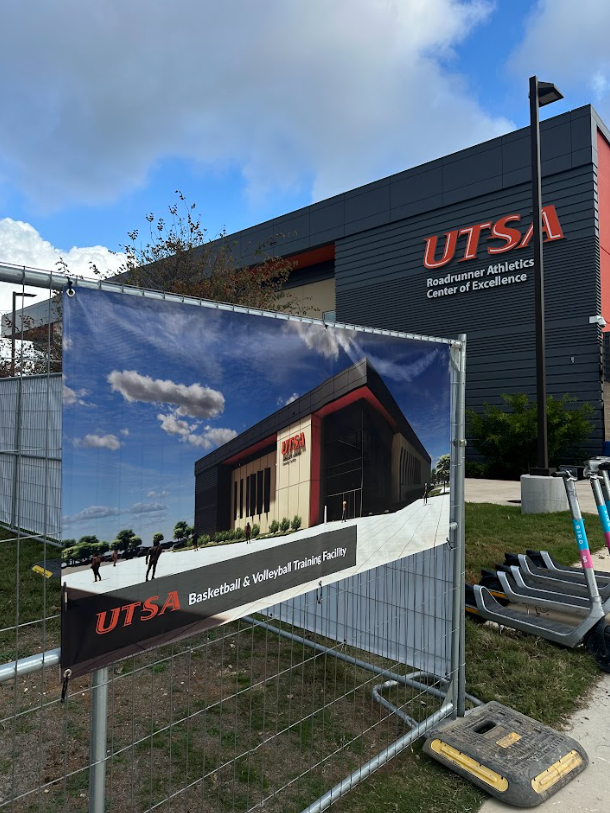The looming threat of a government shutdown has come to a brief pause after President Joe Biden signed a temporary funding bill following Congress’ hurried approval of a bipartisan deal. This temporary bill will only hold until Nov. 17, when Congress must come to an agreement for funding to prevent a shutdown.
A shutdown is the product of Congress not passing any funding bill that can be signed into law. U.S. lawmakers have to pass 12 different funding bills for agencies to be kept open, but this can be a rigorous and time-consuming process.
During a government shutdown, most government entities would close, and around two million government workers — not including two million active-duty military members — would go without pay.
Some entities would be exempt from a shutdown. For example, Social Security would still be mailed out, but Head Start programs that serve more than 10,000 children and national parks would close immediately. Other businesses that work closely with the federal government would see a downturn in work and pay.
If a shutdown were to happen, Congress would continue to work and get paid, while any staff that serves Congress would be marked as non-essential and face not getting a paycheck.
While a hypothetical shutdown would have detrimental effects on federal employees, it would have very little effect on UTSA. Many grant-making federal agencies would be restricted to working with limited staff and resources. It is mandatory for every federal agency to have backup plans to continue operations if a shutdown were to occur.
Impact on research at UTSA
UTSA’s Office of Vice President for Research, Economic Development and Knowledge Enterprise is carefully monitoring backup plans for agencies that work to provide funding to UTSA and will continue to update faculty and staff about updates. Pre-existing grant awards and programs will continue to operate if the government shuts down. Researchers should continue to work on grants and contracts without any interruption unless program officers advise them to come to a pause.
Researchers are urged to adhere to deadlines for grant applications that are already being worked on since they are unlikely to alter, and submitted applications will be added to the queue for consideration when a shutdown is lifted.
UTSA Research Service Centers will be available to assist anyone with federal grant proposals, awards and queries during a shutdown. Requests that are still pending, such as requests for permission to re-budget, should be reviewed with an RCS director and may be delayed.
Impact on financial aid
Federal financial aid programs are completely funded through the federal fiscal year. There will be no issues with filing and receiving federal aid if there is a shutdown. Benefits through the Department of Veterans Affairs (VA) should not have any effects on current UTSA students who are using military benefits.
Impact on veterans at UTSA
Veterans Integration to Academic Leadership and VetSuccess on Campus would continue to operate if a shutdown were to occur. A shutdown might have an impact on new students who are requesting VA benefits due to slower processing time.
Although the shutdown has come to a pause for now, Congress will need to come to an agreement by Nov. 17 to resume funding for federal agencies and programs.
For more detailed information on UTSA’s guidelines for a federal shutdown, visit utsa.edu/today/2023/09/story/guidelines-in-anticipation-of-federal-government-shutdown.html.









